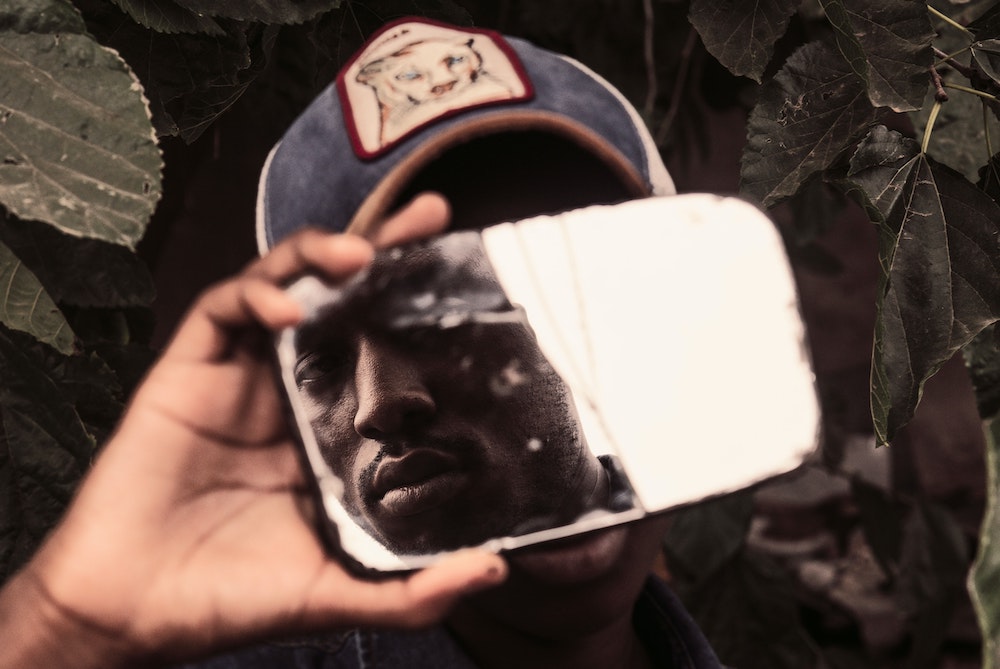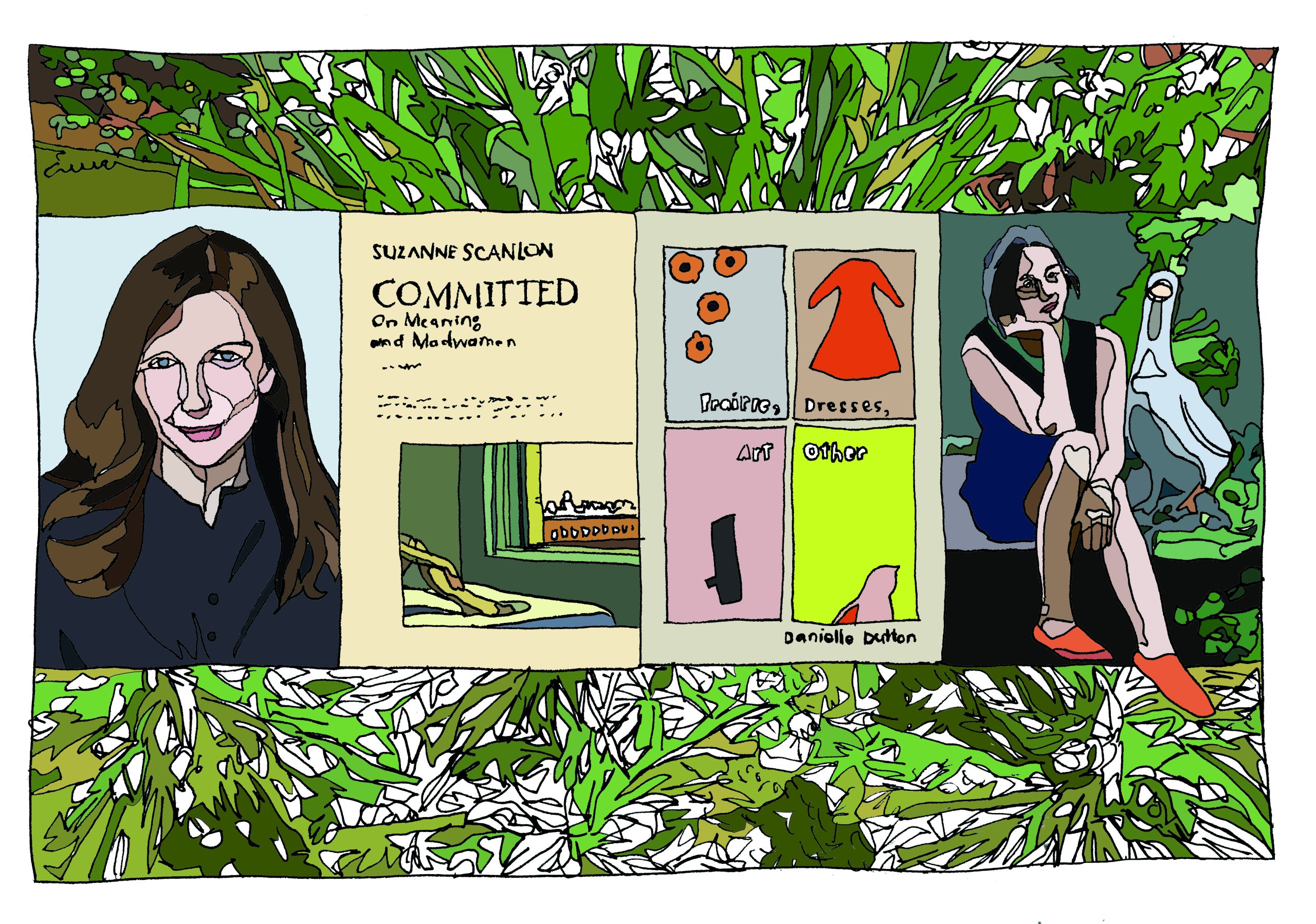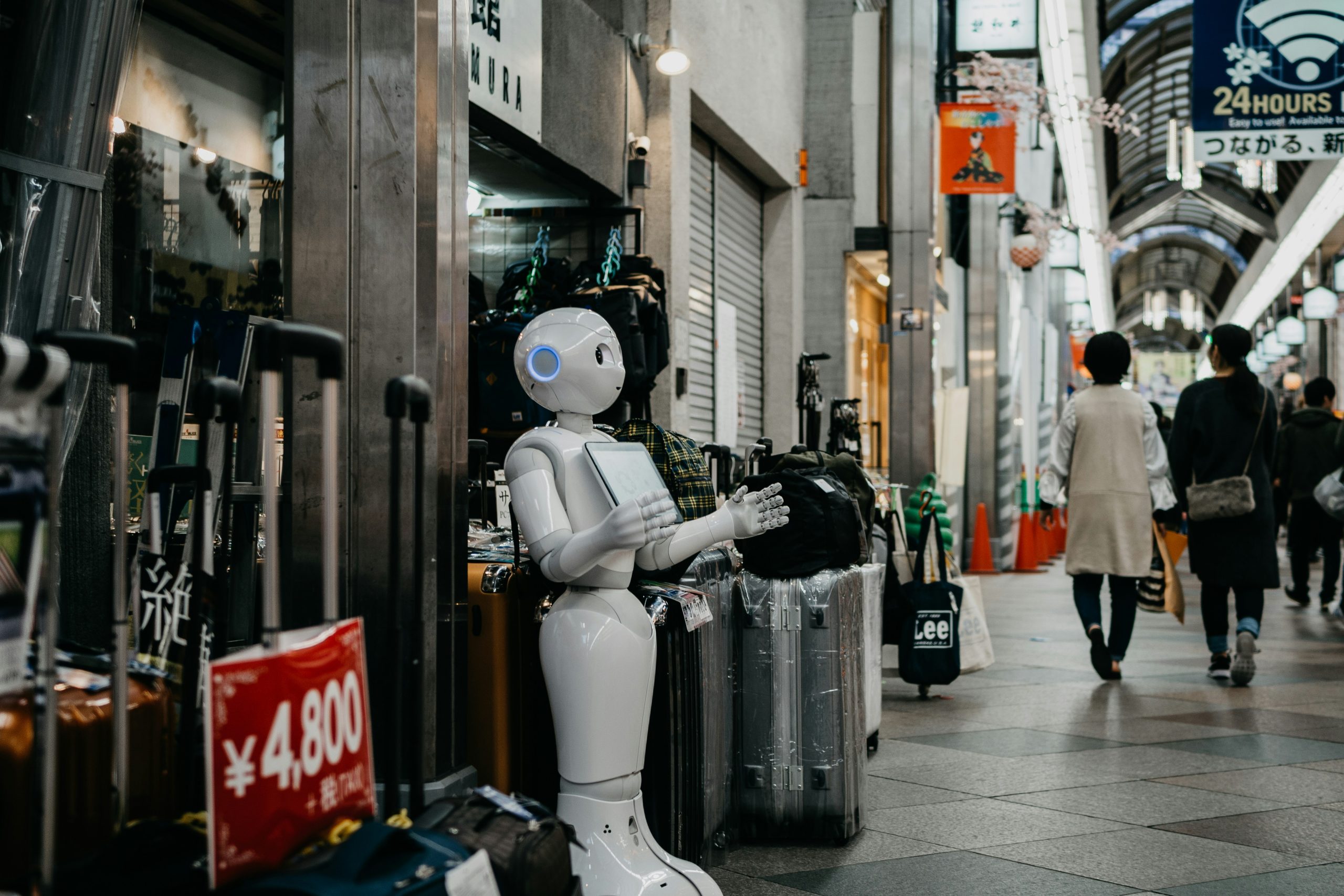interviews
We’re All Faking It For Social Media
Emma Cline, author of "Daddy," on how the bad guys never think of themselves as bad

I heard about Emma Cline’s 2016 debut, The Girls, as many of us did—through a whirlwind of praise and accolades, from literary critics and friends with good taste alike. When I read the novel, I immediately understood why. The Girls is mesmerizing and beautiful in both its language and its narrative, focused on the lives of the women in a 1969 California cult.
I met Emma Cline soon after, at a Paris Review party in New York (remember parties?). It always makes me a little nervous to meet someone whose work I admire, but Cline was charming and funny, and I probably managed not to say anything too weird.
So of course, I was thrilled to read Daddy, Cline’s second book and first collection of short fiction. “You pressed only slightly on the world and it showed its odd corners, revealed its dim and helpless desires,” muses the protagonist of “Los Angeles,” a story about a young woman working retail. The stories in Daddy feel like the result of this kind of pressure: tours through the odd corners of disgraced men’s minds and women’s internet rabbit holes. The world reveals itself in subtle details: “[he] had scars on his back from teenage acne but told her they were from a rock-climbing accident” (“The Nanny”); “This was why you lived in cities—abundance buffered you from the vagaries of human contact” (“Northeast Regional”); “her father had told her how hair and teeth had tightly wound cellular structures that held power” (“Marion”); “It had been bearable because it would become a story, something condensed and communicable” (“Los Angeles”). Every divot in a character’s inner monologue becomes a well.
Earlier this month, Cline and I talked on the phone about the dual meaning of “Daddy” and writing the aftermath of mens’ bad behavior.
Deirdre Coyle: A number of these characters have clear opinions about whether someone is a “good” or “bad” person. In “A/S/L,” a woman asserts that her husband is “not a bad person.” In “Northeast Regional,” a father thinks a waitress “must have thought he was the bad guy.” In “Marion,” a man tells a woman that she’s “a sweet girl”; in “The Nanny,” a man tells a woman that she’s “a nice girl.” At first I was amused by the short-sighted simplicity of men informing women that they’re good—whom among us, right?—but the stories go beyond that. How did you determine these characters’ morality judgments?
Emma Cline: I mean, there are always two levels of things, right? The characters live in this world where they think of themselves as good people, or other people as bad people. They can have those kinds of morality judgments, and I feel like as a writer, I try to stay away from those sort of binaries as much as possible. I guess part of the pleasure of choosing characters, choosing to write a certain story or situation, is [choosing] characters through whom I get to explore ambivalence, if that makes sense. I’m not interested in judging the characters or coming down on them as good or bad people, but I’m interested in the kind of characters who do see the world that way, and how seeing the world that way kind of allows them to get away with bad behavior longer, because they are captain to what is right and what is wrong. That kind of delusion is really interesting to me.
DC: So would you describe these characters as deluded?
EC: Yeah, I mean I think that’s where my interest lies as an author, at least in the story form. It’s that distance between how people think of themselves and how they actually are in the world. I think if these were characters who really saw themselves very clearly, I’m not sure that I would be that interested in following them through a situation. I always think about that when people are like, “Oh, this character is so mean,” or “This character is so envious,” or “judgmental,” or all of these bad qualities, and I just can’t imagine wanting to read or write about a really healthy, kind character. Although, you know, maybe some people would like that. And actually, there are probably exceptions to that rule that I can think of. But I think it’s fun and interesting to follow a flawed human being.
DC: It is interesting when people only want to read about characters they find relatable. For me, at least, I feel like that would be very narrow.
EC: Right.
DC: The stories in Daddy don’t directly reference #MeToo, but in many of them, we’re seeing men deal with the aftermath of their actions. What was it like putting yourself in the heads of these men?
EC: As strange as it sounds, I think it could feel a little bit like a reprieve, even though these are people who are not the most pleasant consciousnesses to spend time in. But especially after writing The Girls, that was so focused on the aftermath of mens’ bad behavior, and having to think about it, and write about it [for] so long from the point of view of a young woman, and to have to experience it from the selfhood of a woman. There was something interesting to me about approaching it not from a victim—well, you know, I don’t even like using that word in this context. There’s something interesting about being a woman and writing these men. I don’t know if I can articulate it any better.
DC: Well it was such a shift from The Girls, which is so focused on these womens’ interiority. When I read the stories in Daddy that are narrated from mens’ perspectives, I was totally absorbed in it, and it felt very real to me. And I mean, I’ve never been a man, but I was really awed by that shift.
There are meta moments in a few of the stories where characters zoom out from their experience, and imagine describing it to someone else. In “Los Angeles,” the protagonist hears her future self narrating a sordid story to her coworker; in “Mack the Knife,” a man imagines telling his friend (the next day) about his drugged up girlfriend’s behavior. I immediately latched onto that because I think about that kind of thing all the time in my own life. What did it feel like, as a writer, to observe these characters observing themselves?
We all carry around a narrative about ourselves, this sort of movie of your own life that you can zoom out to.
EC: For me, it goes back a little to the idea of the narrative we all carry around about ourselves, this sort of movie of your own life that you can zoom out to. I feel like there are certain things in the culture that encourage it. I mean, it’s dumb and maybe basic bitch to say, but obviously, to me, social media encourages you to form this external narrative of your life and things in it and just the whole gestalt of how you see the world. There’s something that can be really alienating about always creating a narrative behind things that are happening, but I think it’s also rich fodder fictionally, for the reasons we spoke about earlier—that there’s a gap between that narrative of self and what is actually happening. What goes on in someone’s consciousness inside that gap is really interesting to me, and I think very revealing.
DC: It reminds me of the time a friend described Twitter as “writing fan fiction about yourself.” I feel like that’s kind of what these characters are doing—not in a social media context, but they’re imagining their own fan fiction.
EC: Totally, and it can be so alluring. I just got an Instagram, but I’ve only done like three posts or whatever, and they’re all really dumb and not of myself. But I can feel how strong this pull is, because it is a form of control, which we lack in so many other areas of our lives. So much is out of control, and the idea of controlling one’s own image has this real pull. But I feel that it also is scary for that reason.
DC: I do think, if you’re in any creative profession, social media can be—well, I, at least, personally often find it harmful to my actual work, because it is so alluring to be on social media instead of doing anything else. I don’t know if most people feel that way.
EC: I can see that for sure.
DC: So I’ve never lived in California, so some of this might be projection, but both in The Girls and in the California stories in Daddy, the descriptions of the landscapes—the colors, and the canyons—feel so dreamy and surreal. Is this what it feels like to live in California?
So much is out of control, and the idea of [social media] and controlling one’s own image has this real pull.
EC: [Laughs] The landscape here is so potent for me. For whatever reason, it’s the landscape that I most respond to. I just find so much about the way California looks and the way cities look so improbable. Like in LA, all of these green hills with all of these houses on them. There’s something that looks a little surreal to the eye about seeing certain landscapes or scenes in California, and I don’t feel that way on the East Coast, for example.
This might be a lazy generalization, but I think living in California, you become more aware of the natural landscape because you interface with it more, and you’re more at its mercy. I think there was an earthquake three days ago, four days ago? Which is so bizarre. This sounds like a stoner thought, but just zooming out for a second, after the earthquake, I was like, if somebody explained that you would be living your life and occasionally the earth would shake and everything would move, it would not seem like a real thing that you could make your life around these moments. But it happens, and it’s almost commonplace, and that is so bizarre to me.
DC: It feels kind of science-fiction-y.
EC: Totally.
DC: Can you talk about the title?
EC: The title I liked for its multiple meaning. There’s a very innocent version of the word [daddy], sort of invoking all of these familial, good feelings and wholesomeness. And then of course there are all these other sort of shadings on the word that have more to do with power and sex. When I was thinking about titling the collection and looking at all the stories together, and thinking, “What’s the connective tissue?” or “What’s the animating force behind all of these stories?”, there’s something about that word that seemed to get at what I was trying to do with the stories. I’m always interested in the innocent surface and darkness underneath, whether it’s landscape, like we were just talking about—California is very beautiful, but it’s quite literally unstable. And then family structures, outwardly, are these places that are supposed to be very safe and loving but that often are deeply dysfunctional and violent. That, to me, is very interesting, and I liked the duality of that for the title.









